Message from Team IMA Chennai Kauvery Alwarpet Branch
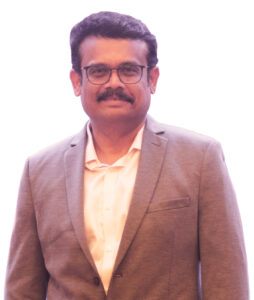
Dear colleagues,
Greetings and Best wishes from IMA Chennai Kauvery Alwarpet branch.
We also take this opportunity to thank our nurses for their selfless service and wishing them Happy Nurses Day (12th May).
This continuous medical education program in the digital platform is definitely a boon for our medical professionals to enrich their knowledge.
This month a special platter of articles from our Department of Nephrology and we thank them for their contributions.
Long Live IMA.
Yours in IMA service,
Dr S Sivaram Kannan
President

IMA journal strives to enhance our clinical knowledge and helps in sharing our clinical experience with evidence based medicine.
We bring in yet another issue with articles from our Department of Nephrology.
We thank this proud department having their postgraduate DrNB super speciality training program.
Long live IMA.
Yours in IMA service,
Dr. Bhuvaneshwari Rajendran
Secretary.
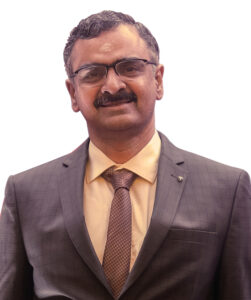
Dear friends
Happy to present this month’s IMA journal to you.
The major contributions to this edition is from the department of Nephrology.
We thank all the NURSES for their selfless contributions towards saving lives.
Best wishes to parents and children who finished their twelfth standard and starting their next stage of their career.
With regards
Dr. R. Balasubramaniyam
Editor
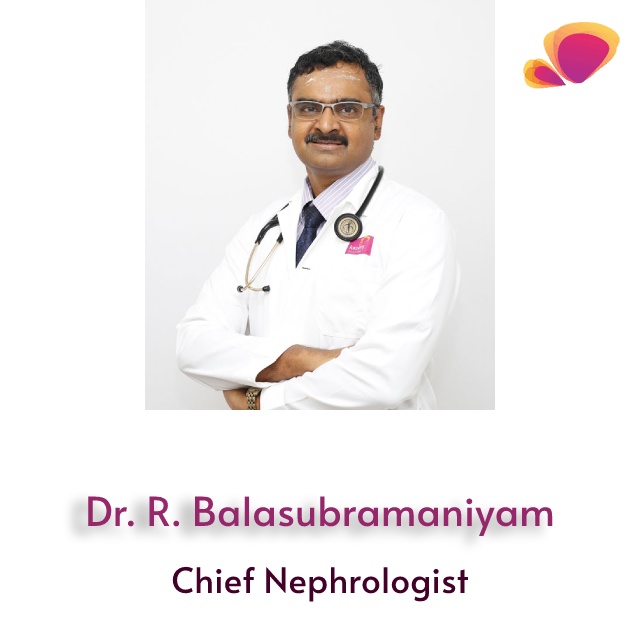
Refractory Anti B Titer Level in ABO incompatible Renal Transplantation
Ms.KK, 34 years with ESRD due to chronic glomerulonephritis was evaluated for live , related renal transplantation. The only available donor was her mother who was otherwise medically fit to donate but for a mismatched blood group. She was O and her mother was B. Measurement of anti B antibody titer revealed that it was positive for 1: 256 for IgM and 1: 512 for IgG antibodies. There was excellent HLA matching between them (5/6 HLA match)
Family agreed for blood group incompatible renal transplantation and the standard pre transplant desensitization that included Rituximab (anti CD 20 monoclonal antibody) along with tacrolimus, mycophenolate and steroid based immune suppression initiation 2 weeks prior to transplantation was initiated.
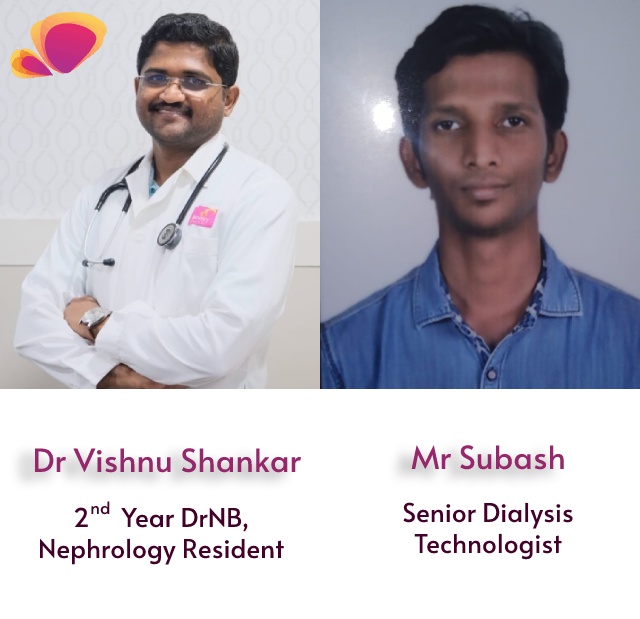
Dialysis in HIV Infected Patients Hemodialysis Vs Peritoneal Dialysis
Introduction:
Chronic kidney disease (CKD) in HIV patients requiring dialysis poses unique challenges and considerations. HIV infection itself increases the risk of kidney disease, and the presence of CKD further complicates the management of these individuals.Here we report one such case.
CASE REPORT: A 54 years old male,retro positive individual on ART drugs,long standing T2DM and Systemic Hypertension,developed CKD due to Diabetic nephropathy,progressed to stageV CKD(ESRD).

Diuretic resistance in Acute Decompensated Heart Failure (ADHF)
Case History:
Mrs. L, 75 years old female known to have Diabetes and Ischemic heart disease was admitted with severe congestive cardiac failure. She needed stiff doses of IV diuretics, CPAP, inotropic support and other cardio protective measures. She was hemodynamic stable and her renal functions were normal. She remained breathless, needing CPAP and her urine output remained less than 1000 ml per day for 4 days.
Her ECG did not reveal any acute coronary event, ECHO revealed diastolic dysfunction, USG revealed dilated cardiac chambers, tricuspid and gross mitral regurgitation and congestive hepatomegaly.
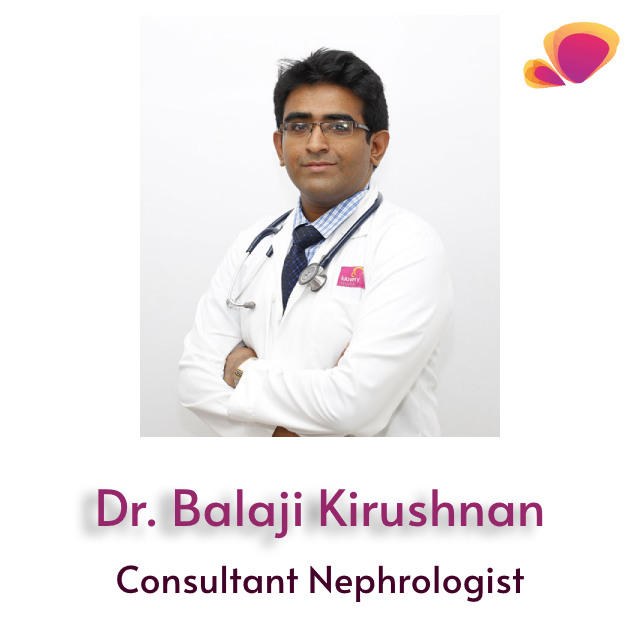
Post-transplant Neoplasms of viral origin: Etiopathogenesis, diagnosis, screening and treatment
Introduction:
After renal transplant due to immunomodulation with drugs and exposure to various viruses, there is increased incidence of post-transplant malignancy. Although kidney transplantation has less Standardized incidence ratio (SIR) of malignancy as compared to lung and liver transplant, they still contribute to overall morbidity. Infact, there are discussion to include post-transplant malignancy as one of the composite outcomes in various clinical trials1. The overall cumulative incidence of any de-novo malignancy in a UK study population shows that transplanted patients have an increased risk2. In most of the western countries after cardiovascular disease, cancer is the most common cause of death with a functioning graft3.
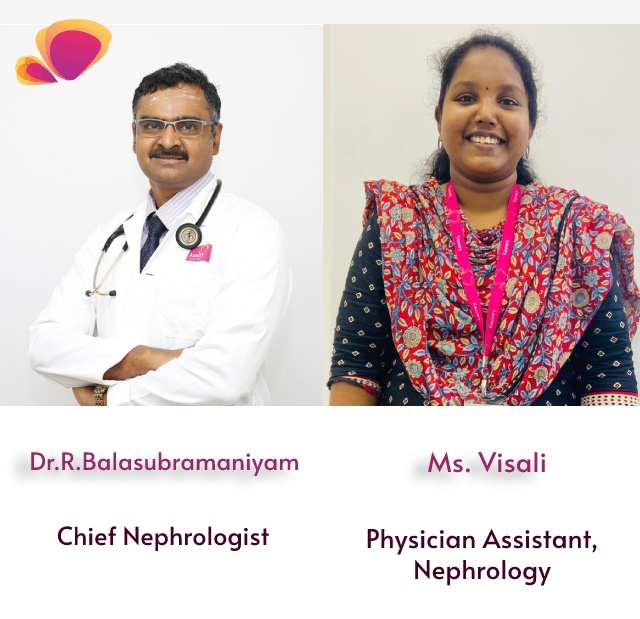
The Prevalence of Vascular Access in MHD Patients
AIM:
To estimate the prevalence of vascular access types in our maintenance chronic hemodialysis patients.
METHOD:
The study population included all patients undergoing hemodialysis treatment in Kauvery hospital, Alwarpet, Chennai. Patients age, gender, basic disease presence, ischemic heart disease were captured. The nature of vascular access – AVF, graft, perm catheter, femoral catheter, and temporary vascular access profile were studied.
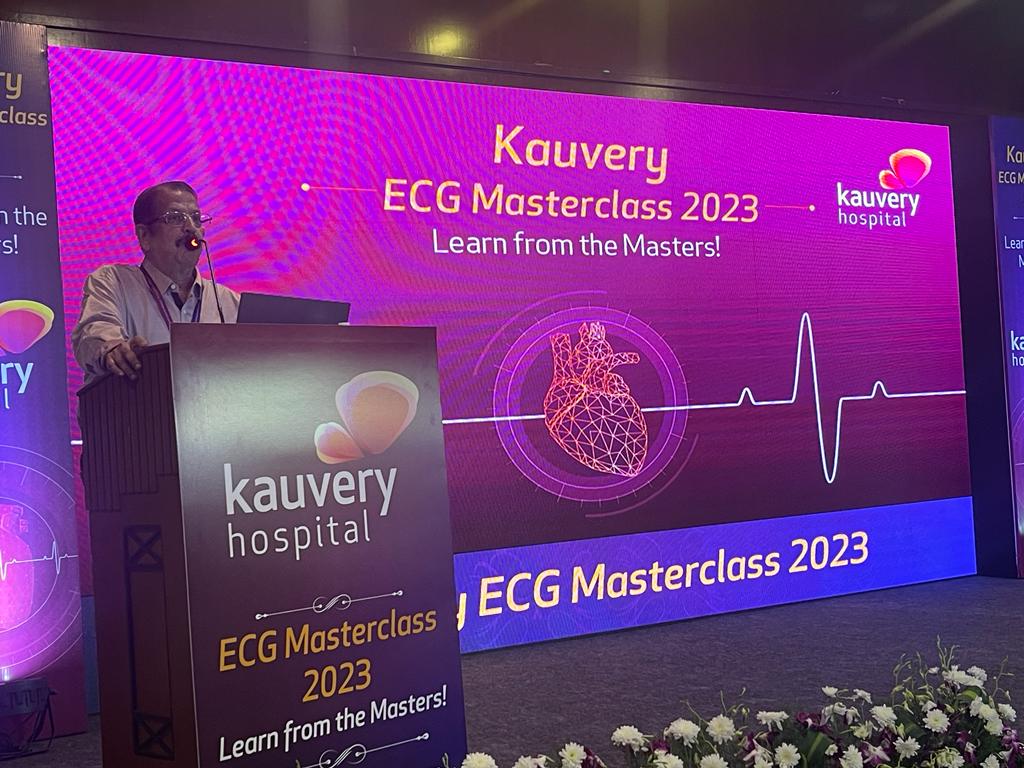
Highlights @ Kauvery
The Kauvery ECG Masterclass 2023 program conducted on 23rd April was a grand success. It was attended by 150+ students and physicians in and around Chennai. The program was organised so smoothly and professionally. For sure this program has a set a standard for academic teaching for students in Chennai.
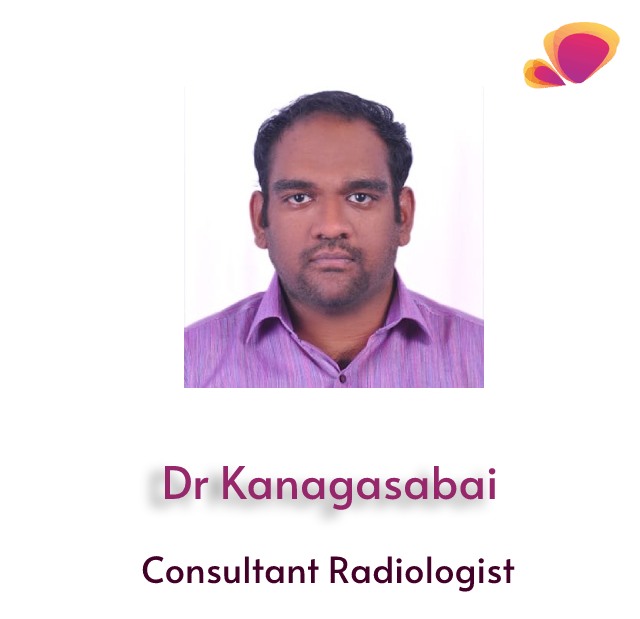
Quiz Of The Month
CLINICAL HISTORTY:
- Fever with chills and tiredness.
- History of Right kidney DJ stenting for pyelonephritis; DJ stent removed on 29.03.2023.
IMAGING FINDING:
Fig: shows bulky with air pocket with hypodense lesion


